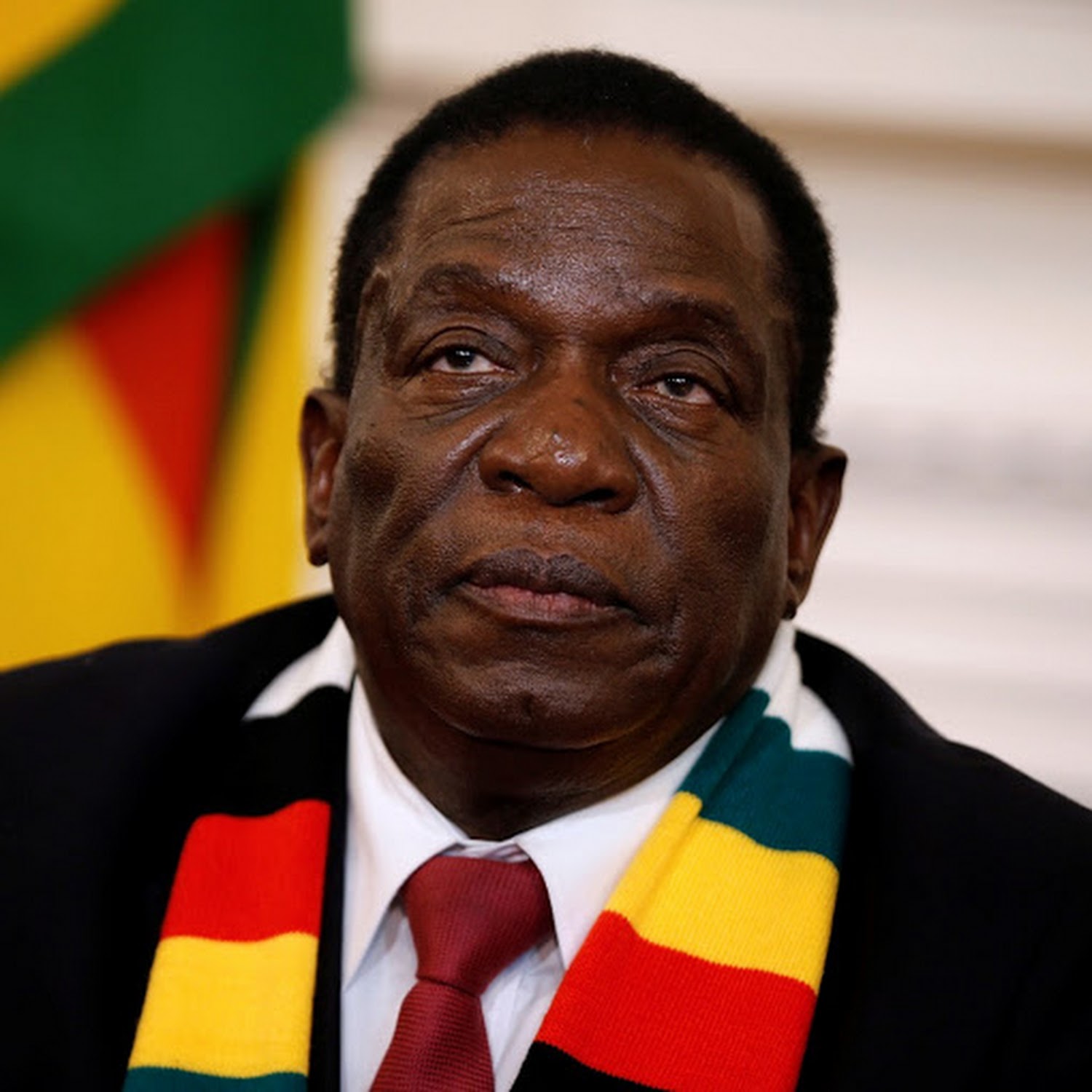Zimbabwe’s latest Covid-19 have been met with condemnation, as citizens have questioned the logic behind asking travellers to quarantine for 14 days even if they produce a negative PCR result.
The new measures follow reports of a newly detected coronavirus variant in South Africa and Botswana – B.1.1.529 – named Omicron by the World Health Organisation (WHO) on November 26, 2021.
Globally, some countries have imposed travel restrictions to prevent the spread of the new variant.
Zimbabwe is the latest country to issue its own restrictions, as on Tuesday evening, President Emmerson Mnangagwa announced that new measures included mandatory testing and a 14 day quarantining of all persons entering the country, a curfew from 9 pm to 6 am, ban on the consumption of alcohol from bottle stores, reduced business hours among others.
Before the latest measures, only those that showed symptoms of Covid-19 on arrival in Zimbabwe and tested at ports of entry were required to pay for US$60 for a PCR COVID-19 test.
In response to the new measures, citizens queried the logic behind some of the restrictions.
They also questioned the logic of quarantining for 14 days even when one had a negative PCR result.
However, according to a WHO travel guide for international traffic in relation to the Omicron variant issued on November 30, regulations “should be based on risk assessments, consider local circumstances, and avoid placing the financial burden on international travellers in accordance with Article 40 of the International Health Regulations (IHR) 2005.”
WHO said countries should continue to apply an evidence-informed and risk-based approach when implementing travel measures in accordance with the IHR including the latest Temporary Recommendations issued by the WHO Director-General on October 26, 2021 following the 9th Emergency Committee for Covid-19 and as recommended in the documents WHO policy and technical considerations for implementing a risk-based approach to international travel in the context of COVID-19 issued in July 2021.
Although WHO noted that countries may apply a multi-layered risk mitigation approach to potentially delay and/or reduce the exportation or importation of the new variant, these measures, “nonetheless, need to be defined following a thorough risk assessment process informed by the local epidemiology in departure and destination countries and by the health system and public health capacities in the countries of departure, transit and arrival.”
“All measures should be commensurate with the risk, time-limited and applied with respect to travellers’ dignity, human rights and fundamental freedoms, as outlined in the IHR (2005).”
https://apps.who.int/iris/rest/bitstreams/1322899/retrieve
The health agency also stated that the recommended period for quarantine was 14 days, but only for Covid-19 contacts.
WHO has no recommendation on quarantine related to travel but advises that “international travellers are not considered contacts of Covid-19 in principle unless a traveller meets the definition of a contact.”
The government’s spokesperson, Nick Mangwana, said these measures were meant to protect both citizens and factor in the capacity of Zimbabwe’s health systems.
“A proactive response by President Mnangagwa in 2020 in which he declared COVID-19 a State of Disaster before we had a single positive case, saved lives. We are here again where a proactive response is the responsible thing to do. This is what our Health system can cope with,” he said on his twitter account.
Mangwana also wrote that “December 2020 festivities led to many deaths in our families, among friends and colleagues. Now Omicron is out there, we have to learn from last year. The idea is never to make lives difficult but to save those lives.”

